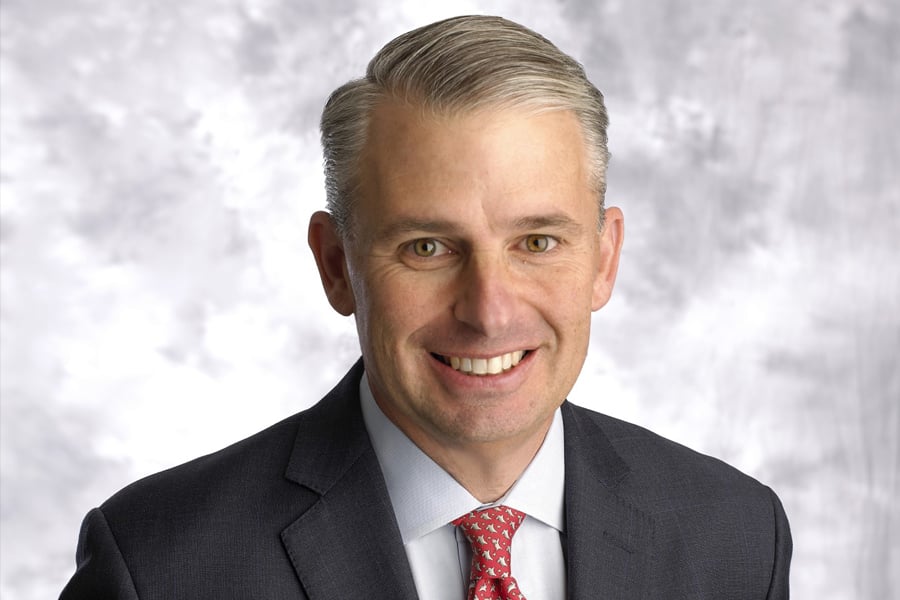

Another senior Wells Fargo & Co. executive with deep ties to wealth management, David Kowach, is leaving the bank. Kowach, who headed Wells Fargo Advisors until 2019, said Monday that he's retiring. Most recently, he was "head of affluent" at Wells Fargo, according to his LinkedIn page.
Kowach is the second senior executive at Wells Fargo with longtime connections to wealth management to leave in as many months. Jim Hays, who replaced Kowach as head of Wells Fargo Advisors two years ago, said last month he was retiring.
"David’s leadership was crucial to our quickly pivoting at the beginning of the pandemic to keep our employees safe and serve our customers as we treaded into unfamiliar territory," a Wells Fargo spokesperson wrote in an email. "We wish him all the best in his retirement."
Kowach had been registered with Wells Fargo Clearing Services Inc. or a predecessor firm since 2000, according to his BrokerCheck profile.
The bank has been looking outside its walls for top managers for its wealth management business, which has seen thousands of financial advisers leave to join competitors or retire since the bank revealed a variety of scandals in 2016. Just this week, in a change of strategy, senior executives at Wells Fargo Advisors said they were going to focus on building the firm's independent broker-dealer business, which hasn't been a top growth priority in the recent past.
Sol Gindi, a veteran of JPMorgan Chase, replaced Hays as head of Wells Fargo Advisors and head of the Wealth & Investment Management Client Relationship Group. He reports to Barry Sommers, head of Wealth & Investment Management, another JPMorgan Chase alum who was hired two years ago.
Sommers reports to bank CEO Charlie Scharf, the former Bank of New York Mellon chief executive who joined Wells Fargo near the end of 2019.

Summit Financial unveiled a suite of eight new tools, including AI lead gen and digital marketing software, while MassMutual forges a new partnership with Orion.

A new analysis shows the number of actions plummeting over a six-month period, potentially due to changing priorities and staffing reductions at the agency.

The strategic merger of equals with the $27 billion RIA firm in Los Angeles marks what could be the largest unification of the summer 2025 M&A season.

Report highlights lack of options for those faced with emergency expenses.

However, Raymond James has had success recruiting Commonwealth advisors.
Orion's Tom Wilson on delivering coordinated, high-touch service in a world where returns alone no longer set you apart.
Barely a decade old, registered index-linked annuities have quickly surged in popularity, thanks to their unique blend of protection and growth potential—an appealing option for investors looking to chart a steadier course through today's choppy market waters, says Myles Lambert, Brighthouse Financial.
